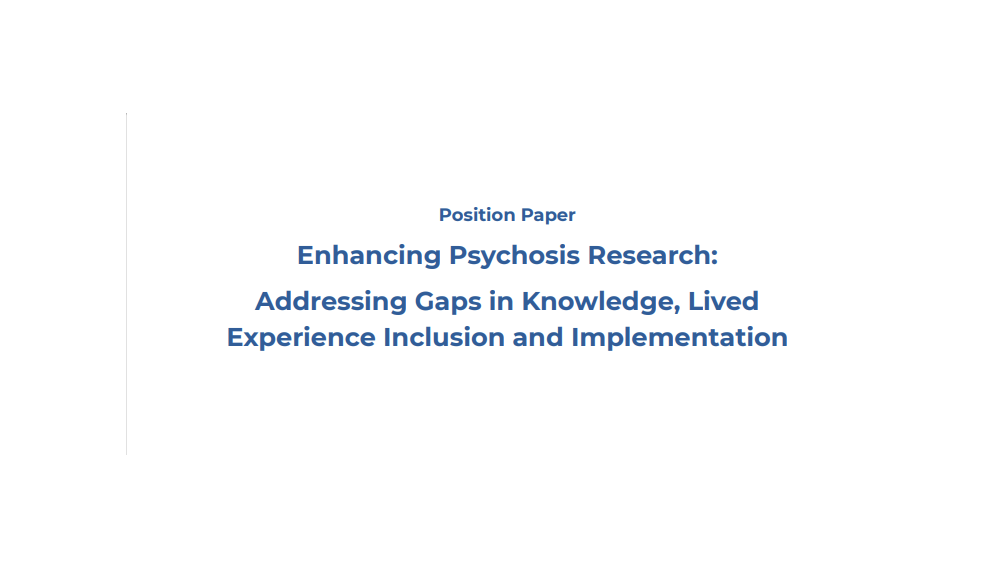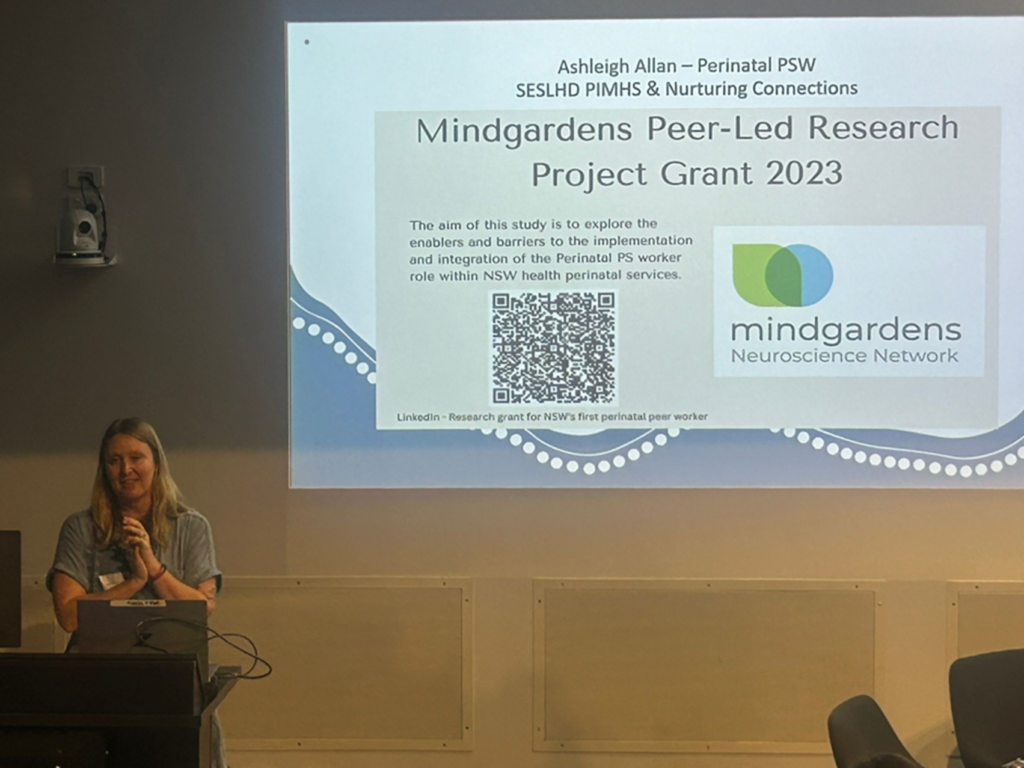Supported education success for youth with mental health challenges
Young people who experience serious mental health challenges can successfully continue or re-engage with education if they receive the right support, a new study shows, with almost half of participants returning to education following the program.
The research found nearly half of the 40 young people aged 15 – 25 years who went through the supported education program and is known as Individual Placement and Support for Education (IPS-Ed), were able to stay or return to secondary or higher education during the one-year study period from October 2019 – October 2020. This was despite the impact of the first wave of COVID-19 pandemic restrictions.
“The program aimed to assist young individuals who value their education but find it difficult to maintain and complete their studies due to mental health issues,” said Dr Philippa Levy, Child & Adolescent Psychiatrist at South Eastern Sydney Local Health District (SESLHD) and co-author of the report, which was published in the Early Intervention in Psychiatry journal.
“The program was urgent as the onset of mental illness peaks during adolescence and early adulthood, and drastically disrupts educational attainment,” Dr Levy said. “This means young people with mental ill health often struggle to complete basic education, reflected in their lower rate of high school completion or post-secondary qualification attainment.”
Dr Levy added that despite the high number of young people with mental ill health ‘Not in Education, Employment or Training’ (NEETs), educational attainment consistently ranks highly when young people are surveyed about their goals.
The supported education program was supported by the James Kirby Foundation, the Mantana Foundation for Young People and the NSW Ministry of Health.
It was implemented within the headspace Bondi Junction youth mental health service which is led by SESLHD and was also offered to young people who were receiving care across key youth services including those at risk of developing psychosis and psychosis.
The multidisciplinary team provided evidence-based early intervention to assist the young person, their family and carers with their mental health and psychosocial recovery.
“Supported education is an integrated program that provides individualised educational support to young people with mental ill health, focused on education attainment, particularly secondary education completion,” Dr Levy said.
“A part-time Education Specialist, with a secondary school teaching background and over 10 years’ experience in the education sector, was employed to deliver supported education.
“They worked collaboratively with the youth mental health teams to provide specialist educational assessment and develop appropriate educational support to complement established avenues of multidisciplinary mental health care for young people.”
The education specialists provided career development support, facilitated access to available student supports and provisions, worked with young people to develop study skills, and communicated with education providers where appropriate.
They worked in partnership with schools, technical and further education institutions (TAFEs), and universities, to assist young people to maintain or re-engage with education aligned with their longer-term goals.
Dr Levy said engaged young people attended an average of five and up to 18 appointments with the Education Specialist, based on the young person’s needs and their willingness to engage.
“Appointments were flexible, taking place both within the service, online during the pandemic, or out of the centre such as at schools, libraries, or cafes. The appointment length ranged between 30 and 60 minutes, and could also include teachers, school counsellors or provisions coordinators where relevant,” she said.
The program is critical for young people experiencing mental illness, as a base level of education is well recognised in high-income societies such as Australia as a crucial factor for future vocational success.
The program received 71 referrals, with 70.4% of participants having not completed secondary school and 68% experiencing multiple mental health conditions.
“The results provide preliminary evidence that educational support can be successfully integrated into routine mental health care and underscores the real-world challenges brought about by the pandemic,” said Professor Jackie Curtis, Executive Director at Mindgardens and study co-author.
The authors commented that changes in the workplace, including automation, globalisation, and the “gig” economy, increased the importance of educational attainment for young people struggling with mental ill-health who were at risk of being locked out of meaningful occupations or careers.
They called for commitment to supporting the educational aspirations of young people with mental health issues and continued efforts to adapt and improve programs to meet their needs.
Brings together the strengths of four founding organisations









